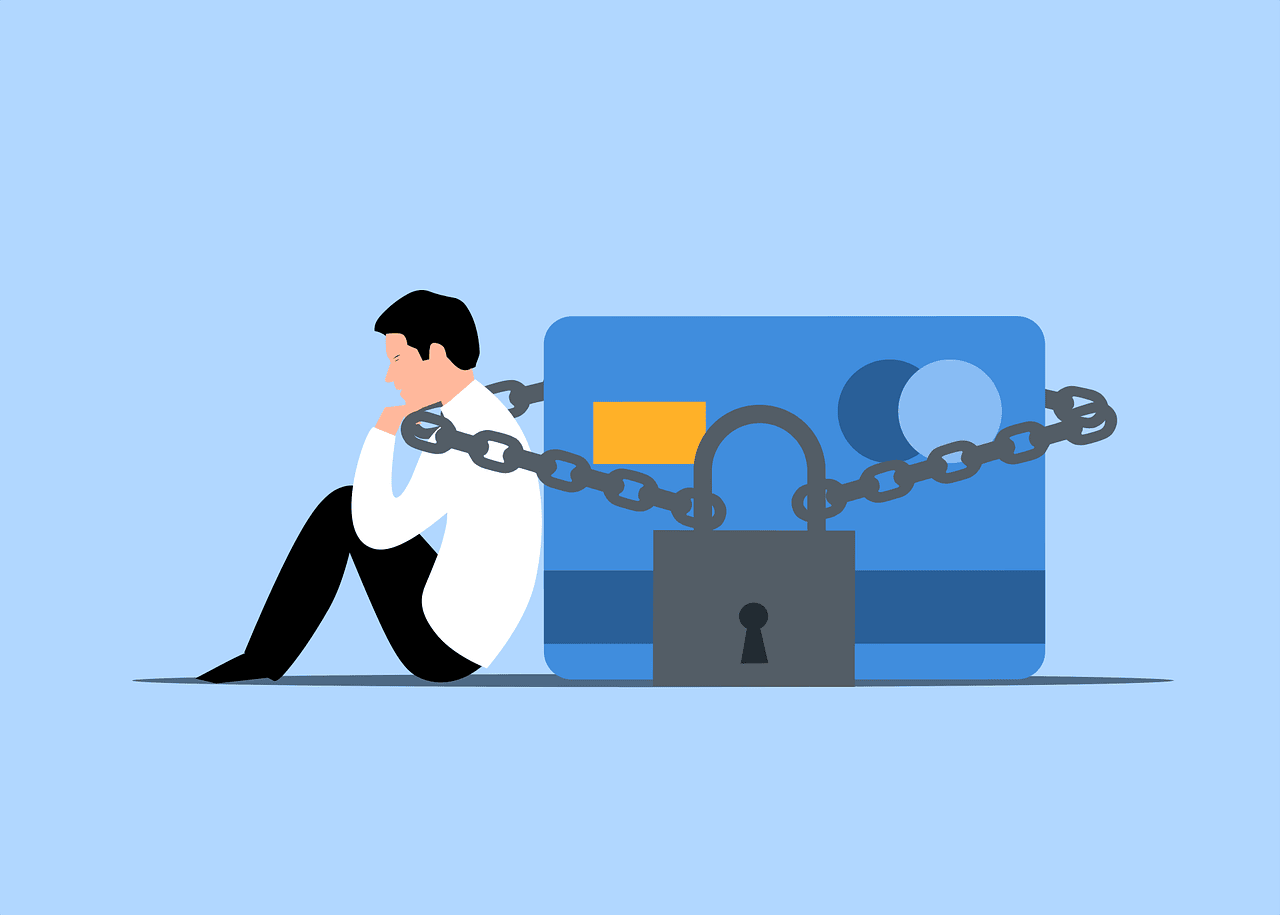Estimated reading time (in minutes)

In the context of consumer credit, the two-year foreclosure period , which limits the time for legal action, does not apply to liability actions brought by borrowers against lenders for non-compliance with the duty of warning. This article explores the exemption from the two-year foreclosure period in such cases, focusing on liability actions and the lender’s obligation to provide adequate warnings to borrowers.
Two-year foreclosure period in consumer credit
The two-year foreclosure period is a legal provision that sets a time limit for initiating legal actions in various areas, including consumer credit. It generally prevents borrowers from filing claims after the expiry of two years from the occurrence of an event or the date of the last payment. However, there are exceptions to this rule, particularly when it comes to liability actions based on the lender’s breach of its duty to warn.
Liability actions and duty to warn
In consumer credit, lenders have a duty to provide appropriate and full warnings to borrowers, ensuring that they are informed of the risks, terms and conditions of the credit agreement. This warning requirement is intended to protect borrowers against entering into contracts that may have adverse financial consequences. In the event of a breach by the lender of this obligation, the borrower may bring an action for damages to claim compensation for the damages resulting therefrom.
The significant aspect of liability actions arising from a breach of the duty to warn is that the two-year statute of limitations does not apply. This means that borrowers are not bound by the time limit imposed by the foreclosure period and can take legal action even after two years from the occurrence of the event. This exemption recognizes the importance of protecting consumer rights and ensuring that borrowers have the ability to hold lenders liable for their failure to provide adequate warnings.
Conclusion:
In consumer credit, the two-year foreclosure period does not apply to liability actions brought by borrowers against lenders for non-compliance with the warning obligation. This exemption allows borrowers to pursue legal recourse and seek compensation even after the two-year period has expired. By excluding the foreclosure period in such cases, consumer rights are upheld, underscoring the importance of lenders fulfilling their obligation to provide clear and comprehensive warnings to borrowers. This ensures transparency, accountability and fairness in consumer credit transactions.
